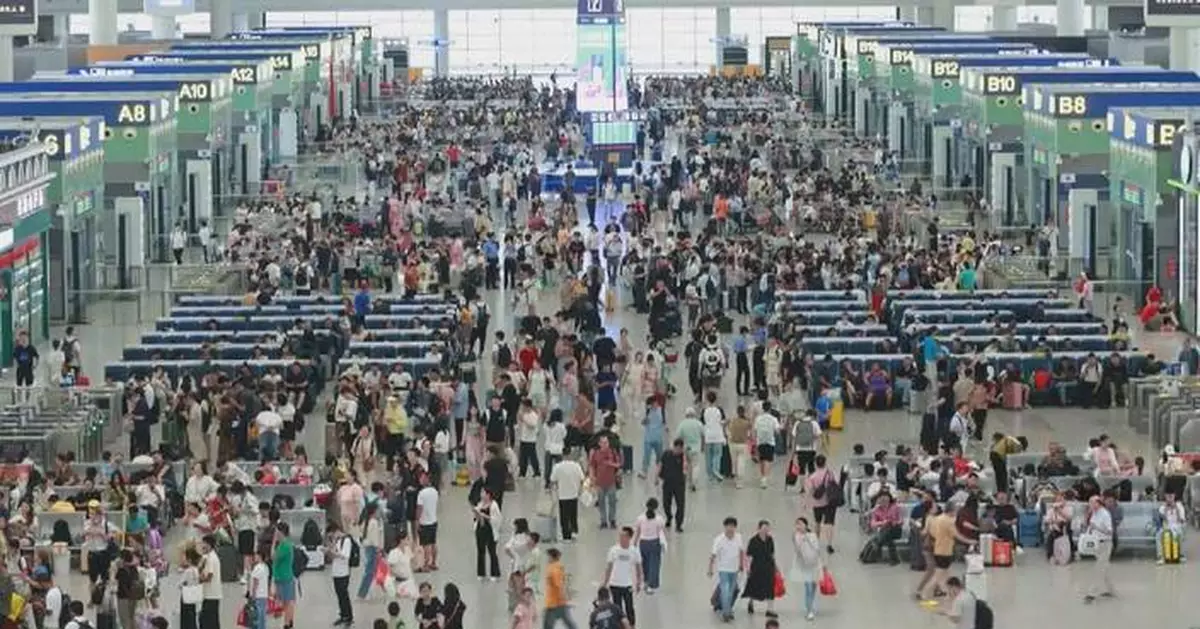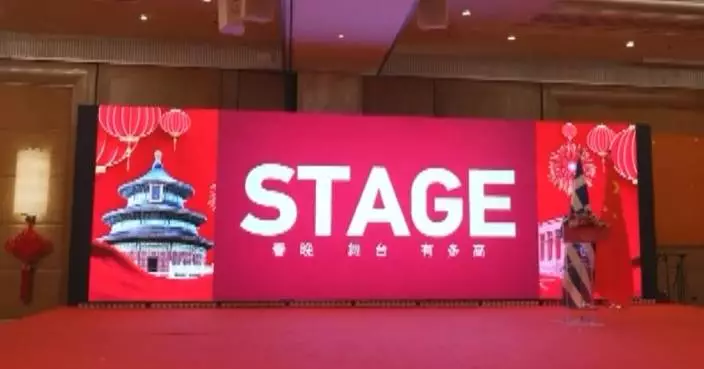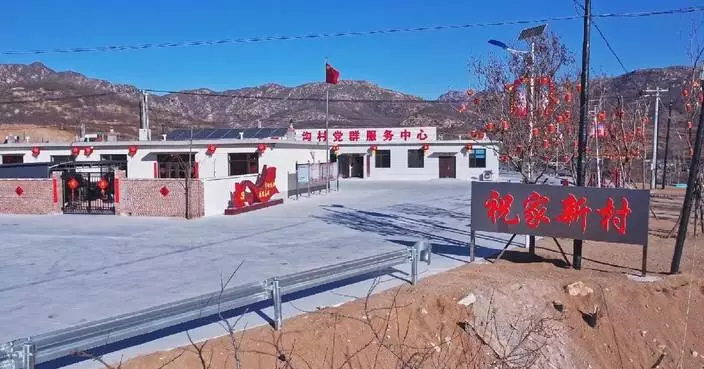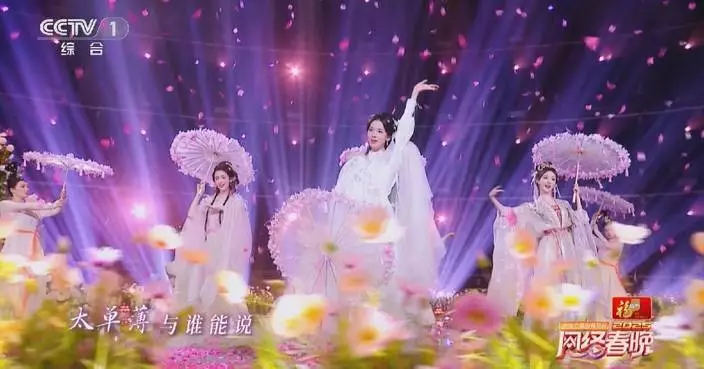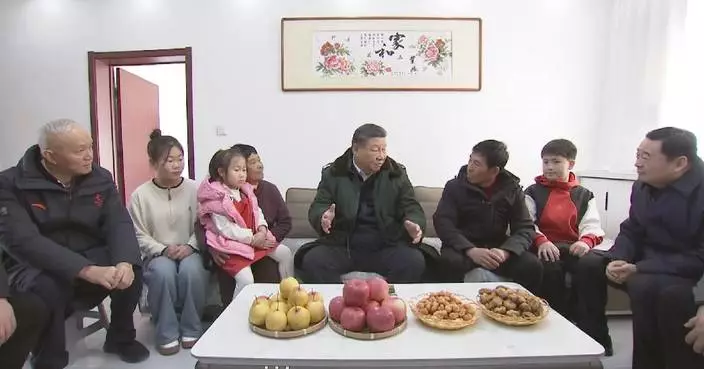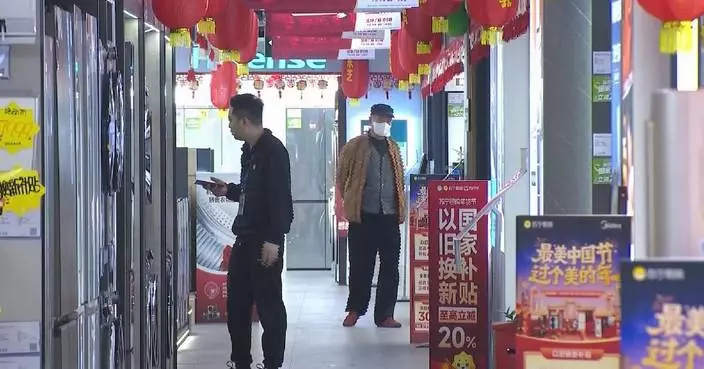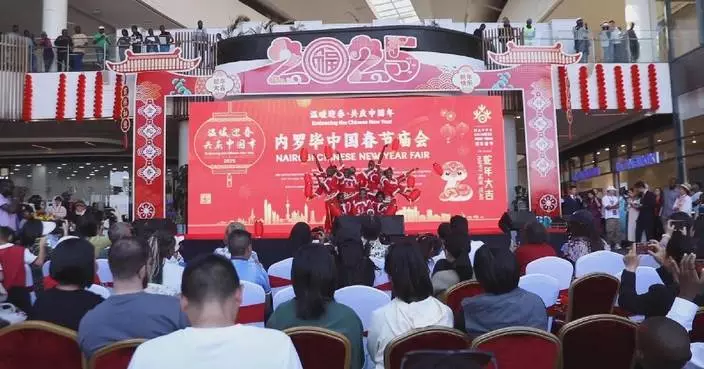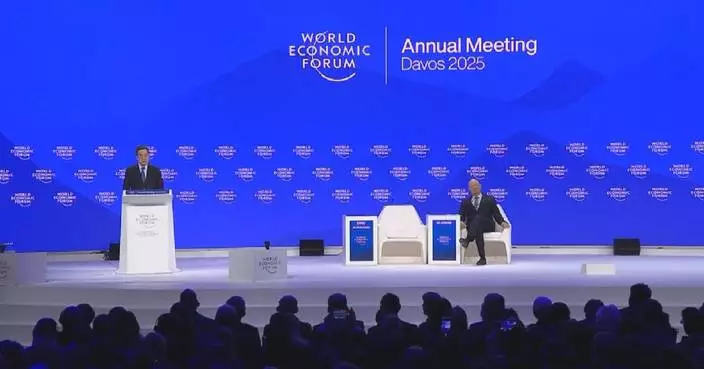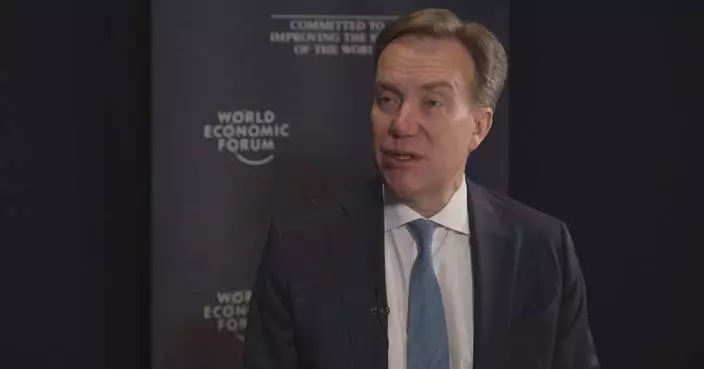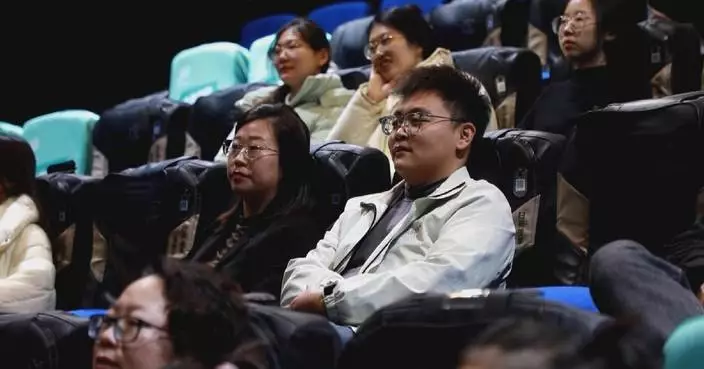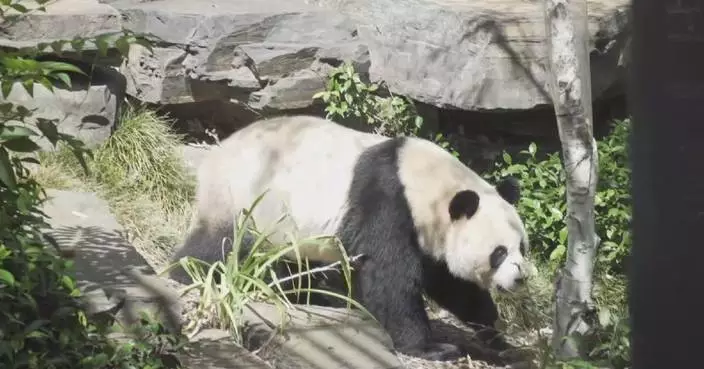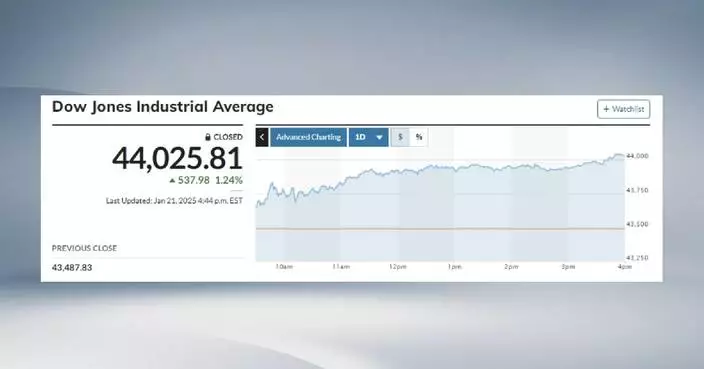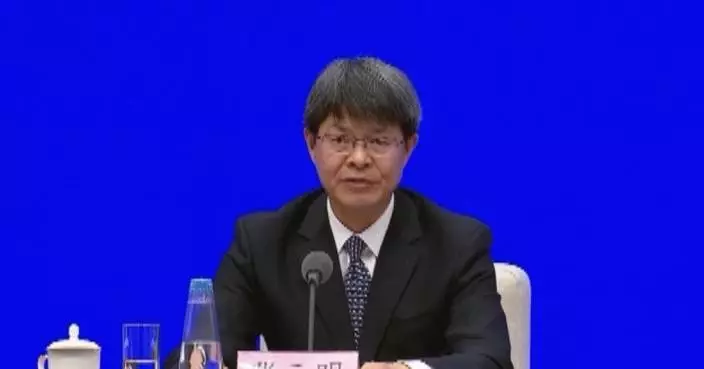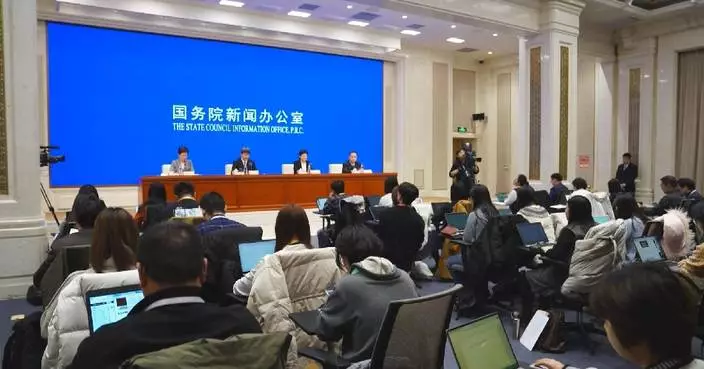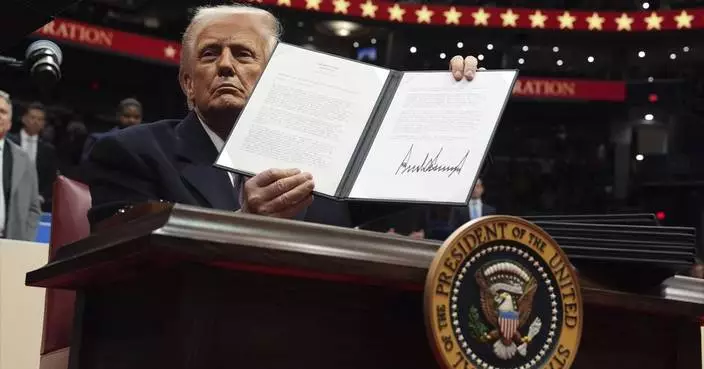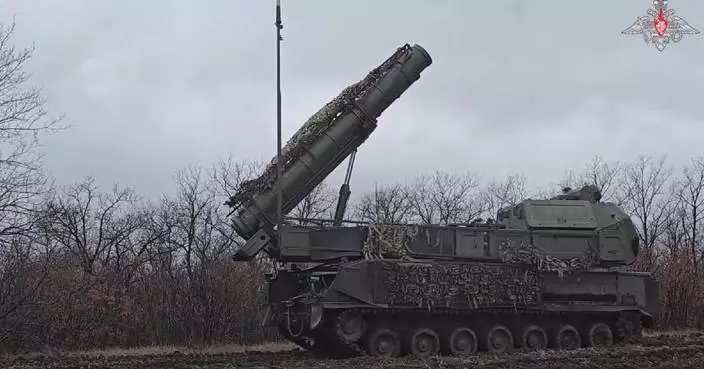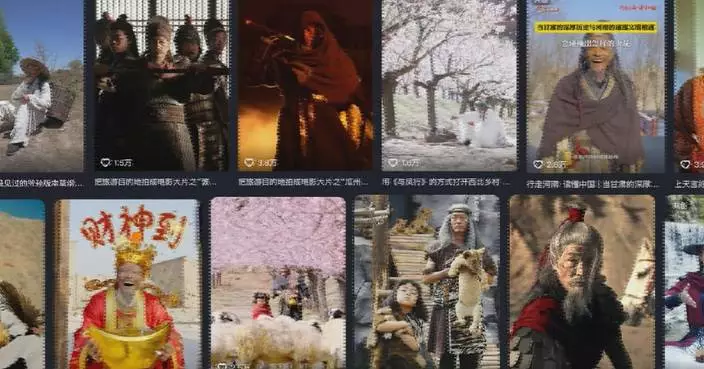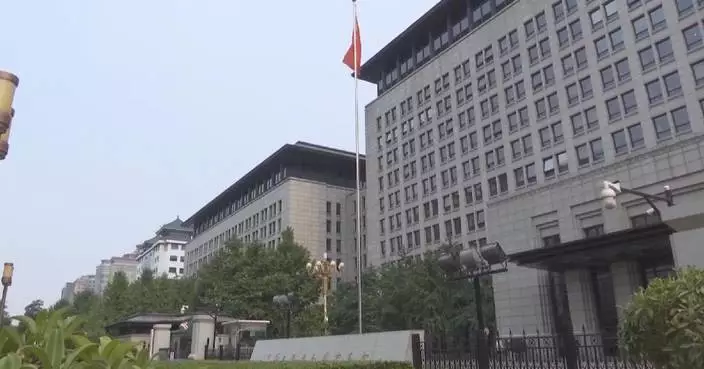China's railway network is expected to handle 11.8 million passenger trips on Monday, the second day of the three-day Mid-Autumn Festival holiday, with 604 extra trains planned to be operated.
The traffic flow falls slightly compared with the previous day.
Most rail passengers are traveling to visit relatives and friends or take short-distance trips. Local railway authorities across the country have increased trains to popular destinations.
As powerful typhoon Bebinca made landfall in east China's Shanghai and Zhejiang Province on Monday morning, some passenger trains running on affected lines have been temporarily suspended.
China's highways are predicted to carry about 33 to 34 million vehicles on Monday, of which new energy vehicles account for nearly 60 percent of passenger cars.
In order to cope with the surging charging demand during the holiday travel rush, the highway service areas across the country have made full preparations in advance to ensure that vehicles can be charged in time and quickly.
China's civil aviation sector is expected to operate more than 13,000 flights. About 2,300 flights will be carried out on inbound and outbound air lines, handling approximately 220,000 passenger trips.
More than 1,600 flights in cities such as Shanghai, Hangzhou, Ningbo and Nanjing have been canceled due to typhoon Bebinca.
The Mid-Autumn Festival, celebrated on the 15th day of the eighth month on the Chinese lunar calendar, falls on Sept. 17 this year. During the festival, family members come together from across China, share traditional mooncakes and light up lanterns to enjoy their family reunion.
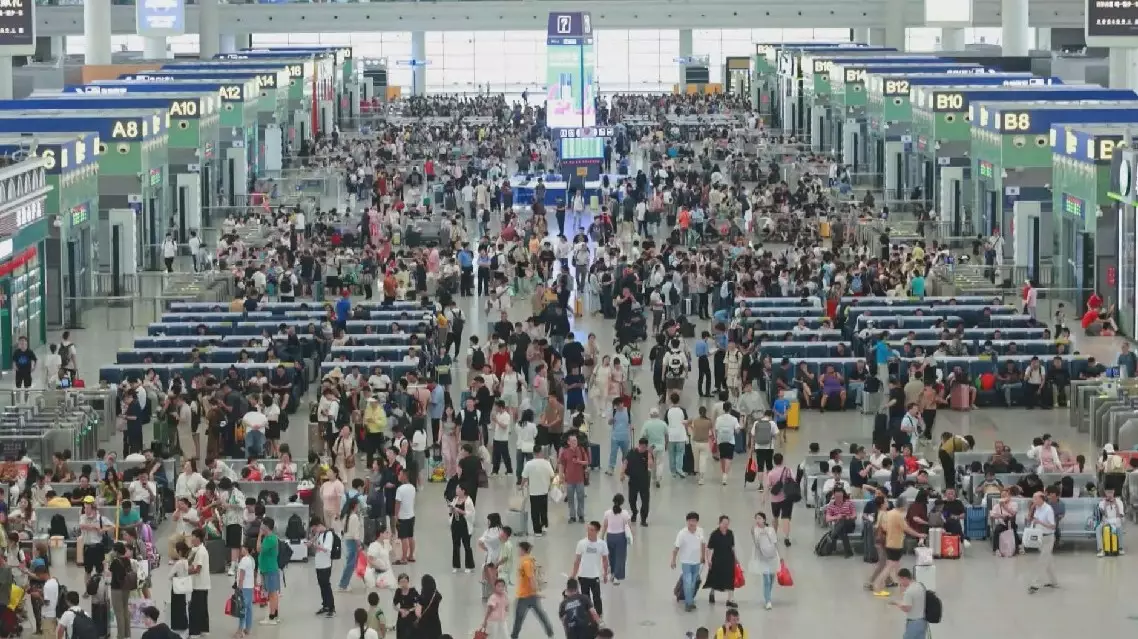
China's railways to handle 11.8 mln passenger trips on 2nd day of Mid-Autumn Festival holiday
An official with the World Economic Forum (WEF) has stressed the importance of establishing an adaptable mechanism for dialogue and cooperation that allows the global economy to fully benefit from the development potential of new technologies while managing the associated risks.
Mirek Dusek, one of WEF's managing directors, was speaking on the sidelines of the 2025 WEF Annual Meeting, which commenced in Davos, Switzerland on Monday.
The five-day event has gathered around 3,000 participants from various regions and industries around the world under the theme "Collaboration for the Intelligent Age," highlighting the need for greater collaboration against a backdrop of rapid technological advancements and global divisions.
In an interview with the China Global Television Network (CGTN) on Tuesday, Dusek said WEF is monitoring "two big forces" they believe are changing the world economy.
"On one hand, we are living through quite a unique time in terms of technological advancement and innovation. But on the other hand, of course, we are also tracking forces of fragmentation. We are seeing a more competitive geopolitical landscape, shifting value chains and supply chains, and of course, also social polarization in certain societies around the world," he said.
With the current uncertainties in the world, Dusek stressed the importance of building a suitable platform for dialogue, and ensuring that such a mechanisms is adaptable to respond to the various challenges.
"Given the trends that we are seeing in the global economy, in international relations, that function of bridging and dialogue could not be more important. It's very important that we have mechanisms where we can have dialogue and cooperation, and of course, we also need to be on the front foot of thinking, 'Okay, how do we make sure that the collaborative mechanisms are fit for the 21st century?'" he said, adding that this will be one of the focuses of the current Davos meeting.
Dusek also emphasized China's vital role in promoting global economic growth and technological development, describing the country as a "key actor" in helping the world transition to a new era of tech-driven development.
"Everyone understands that we need to be on our front foot, really thinking creatively around how do we relaunch growth that is inclusive, sustainable. But how do we relaunch growth in this new situation for the world economy? And China plays a very important role in that endeavor, on development, on trade, of course, as well. On technology, I mentioned the theme, 'The Intelligent Age'. What we are trying to communicate with that is that there is a huge opportunity around some of these technologies. What is quite special is that it's not only one technology, but we are seeing, at this moment, whole sets of technologies that are going to market and exponentially changing industry and economy. If we have this huge opportunity around these technologies, how do we design [not only] our dialogue mechanisms, but also our collaborative mechanisms to be able to harness these technologies for the benefit of the world economy while taking care of the risks," he said.
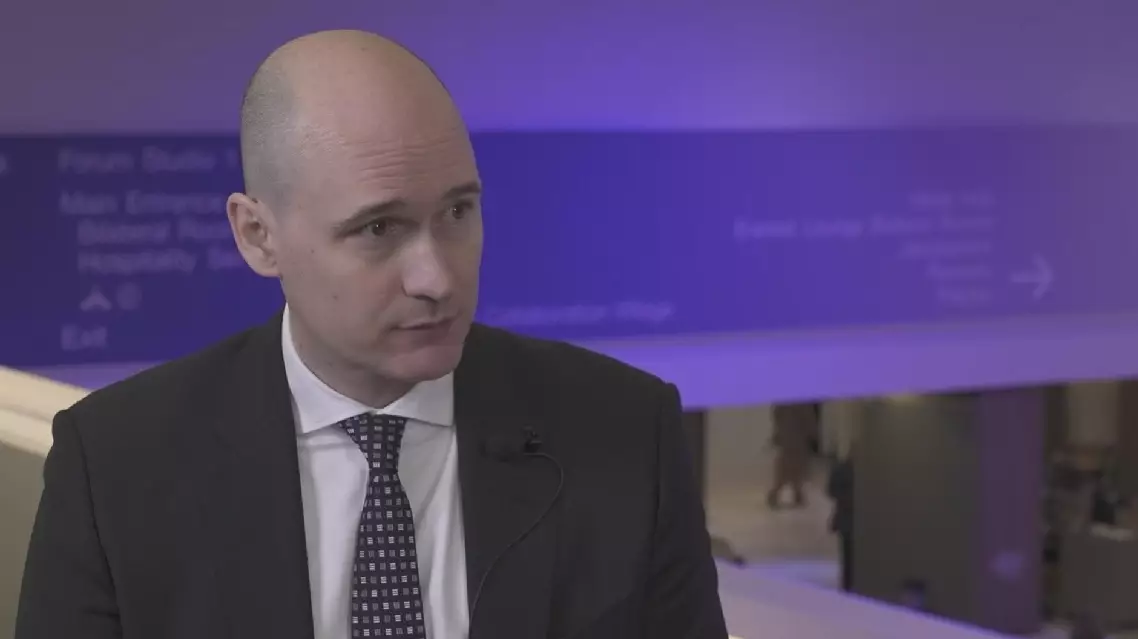
WEF official calls for mechanisms to foster dialogue in new tech era, boost world economy



